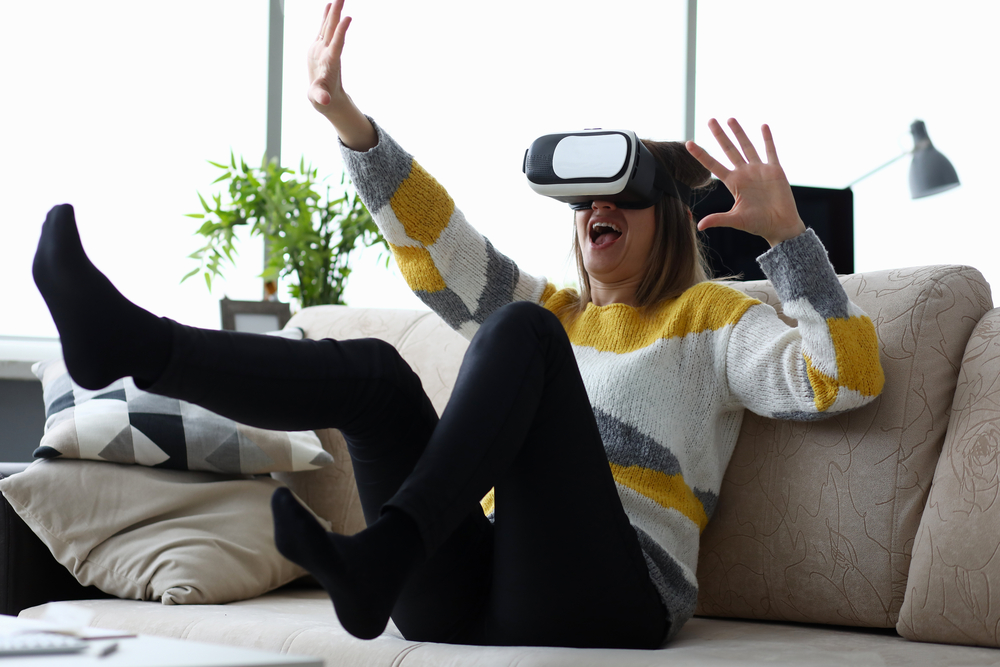
An Emotional Ride But Virtually
Have you ever been on a roller coaster? Well, the participants of a brand new study have, but virtually.
In this new study, researcher and PhD student Simon Hoffman from Max Planck Institute and colleagues used immersive virtual reality to study how emotional experiences impact the brain.
For the experiment, 37 healthy young participants went on two virtual roller coaster rides while they were hooked on electroencephalogram (EEG) machines. Then, the participants watched their roller coaster rides again and reflected on the intensity of their emotions.
Data analyses revealed that human emotions are associated with a specific type of brain activity called alpha oscillations. According to Hoffman and colleagues, the results of their study is in line with previous work on the neuroscience of human emotions. As emotions heighten, alpha oscillations seem to decrease in strength.
The brain buzzes with electrical activity at all times; however, the type and the frequency of the electrical activity that occurs in the brain depend on what we are doing at any given time. Alpha waves are known to be prominent while we are awake but not necessarily deep in thought or concentrated on an activity. Thus, the study results show that when someone is going through an emotional experience, the alpha wave activity decreases.
Moreover, the computer models developed by the researchers are able to predict how strongly an emotion is experienced based on brain activity. According to PhD student and researcher Alberto Mariola from the University of Sussex, “In the future, it could be possible to apply these findings and methods to practical applications beyond basic research.”
Experimental studies on the neuroscience of human emotions are traditionally done in controlled laboratory settings. However, Hoffman and colleagues were able to create a semi-natural setting to study emotions by using immersive virtual reality technology for their experiments. The researchers are looking forward to expanding upon these findings by bringing the neuroscientific study of emotions into the real world.
REFERENCES
- 1. Hofmann, S. M.,Klotzsche, F., Mariola, A., Nikulin, V., Villringer, A., & Gaebler, M. (2021). Decoding subjective emotional arousal from EEG during an immersive virtual reality experience. eLife. 10 DOI: 10.7554/eLife.64812
- 2. https://www.sciencedaily.com/releases/2021/12/211217102805.htm
